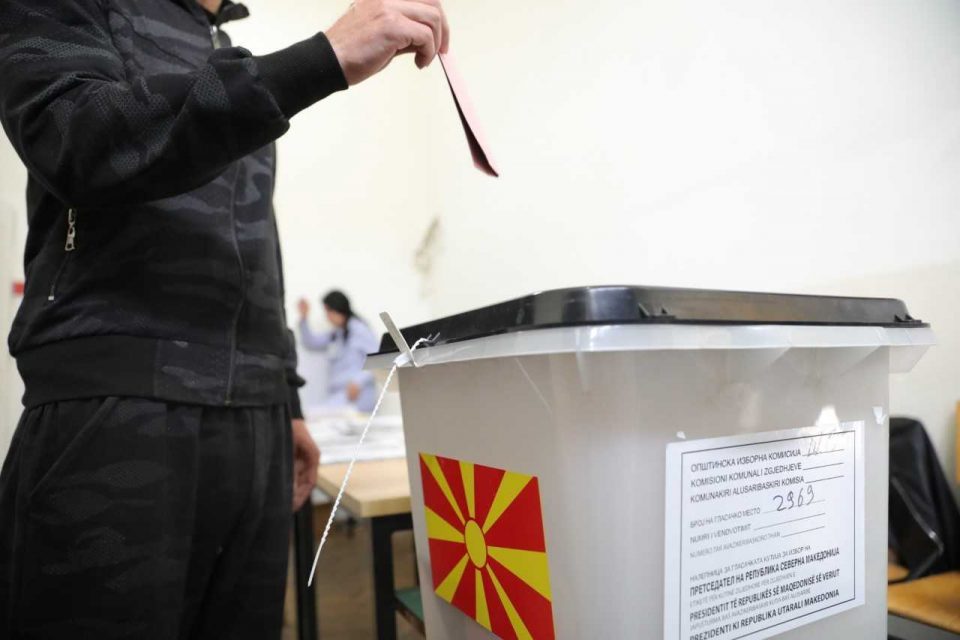In its push to hold early elections as soon as possible, before the coronavirus epidemic has been resolved, the SDSM led Government is about to collide with recommendations made from the Venice Commission again.
SDSM already violated recommendations from the leading Council of Europe legal authority, with its politically charged law that turns Macedonia into a bilingual, Macedonian – Albanian state. Now the party insists on summer elections, hoping to be done with it before the full extent of the economic crisis is felt in the public.
But recommendations from the Venice Commission with regard to both Turkey and Georgia, when their constitutional clauses for the state of emergency were examined, demand that enough time is left after a state of emergency is lifted, before elections can be held.
The Commission favourably considered a constitutional provision in Georgia which provided that there could be no elections during a state of emergency or period of martial law and no election could be held until 60 days had expired from the lifting of the state of emergency because elections “require a peaceful political atmosphere and the complete fruition of all freedoms and human rights and a condition of full guarantee of public order and security”, the, the Commission found in 2017.
Conversely, on Turkey, the Commission condemned an article that would allow elections even during a state of emergency or martial law.
SDSM is about to violate another principle protected by the Venice Commission. Justice Minister Renata Deskoska yesterday announced that decrees issued by the Government, which have the force of law during the state of emergency even though many of them are not directly linked to the coroanvirus epidemic, will remain in force after the emergency has been lifted.
And yet, the Commission has found that “emergency decree laws should lose their legal effect with the expiry of the state of emergency – permanent changes to legislation should not be introduced through such decree laws but must be left to ordinary legislation”. Some of the unrelated decisions included paying money to the politically linked employees of the now disbanded Special Prosecutor’s Office, decrees on trade with minerals and vehicles, online booking and other matters that are not related to the crisis.





Comments are closed for this post.